A Kid’s Guide to Neurodiversity
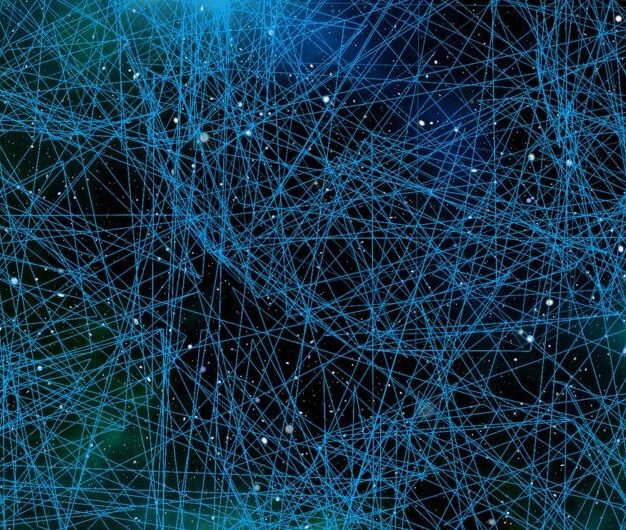
Hey there! Did you know that everyone’s brain works a little differently? It’s true! Just like how some people have curly hair and others have straight hair, or some people are tall and others are short, our brains can be different too. This is called neurodiversity, and it’s what makes each of us special and unique.
What Does Neurodiversity Mean?
Imagine your brain is like a super cool computer. Every computer can do amazing things, but some are better at certain tasks than others. Some brains are great at math, others are awesome at art, and some are fantastic at remembering facts about dinosaurs or space!
Sometimes, these brain differences have special names like autism, ADHD, or dyslexia. But remember, these aren’t “problems” – they’re just different ways that brains can work.
What Might You Notice If Your Brain Works Differently?
If your brain works in a unique way, you might:
- Have super strong interests in certain topics
- Notice sounds, lights, or textures more than other people do
- Find it tricky to sit still or focus sometimes
- Have a special talent for remembering things or solving puzzles
- See patterns that others don’t notice
- Feel emotions very strongly
The Superpowers of Different Brains
Having a brain that works differently can give you some pretty cool abilities:
- Creative thinking: You might come up with ideas no one else has thought of!
- Deep focus: When you’re interested in something, you might become an expert.
- Unique problem-solving: You might find new ways to fix things.
- Strong sense of fairness: You might be great at standing up for others.
- Amazing memory: You might remember details that others forget.
What If Your Brain Has Multiple Superpowers?
Some kids have brains with more than one type of difference. It’s like having multiple superpowers! This can be challenging sometimes, but it also means you have lots of special abilities.
How to Take Care of Your Awesome Brain
Just like superheroes need to take care of their powers, it’s important to take care of your brain:
- Get plenty of sleep: Your brain needs rest to recharge.
- Eat healthy foods: Good fuel helps your brain work its best.
- Exercise: Moving your body helps your brain stay strong.
- Take breaks: If things get overwhelming, it’s okay to take time to relax.
- Talk about your feelings: Sharing how you feel helps your brain process emotions.
Learning Your Way
Everyone learns differently, and that’s okay! Some kids learn best by:
- Seeing pictures or diagrams
- Listening to explanations
- Doing hands-on activities
- Reading books
- Using computers or tablets
Tell your teachers and parents what helps you learn best. They want to help you succeed!
Making Friends When Your Brain Works Differently
Sometimes, having a different kind of brain can make it tricky to make friends. But remember:
- There are lots of kids who understand you.
- It’s okay to be yourself – the right friends will like you for who you are.
- If you’re not sure how to join in, ask a grown-up for help.
When Things Get Tough
Sometimes, having a different brain can be hard. You might feel frustrated or sad. That’s normal! Here are some things that can help:
- Talk to someone you trust about how you feel.
- Try calming activities like deep breathing or squeezing a stress ball.
- Remember your strengths and the things you’re good at.
- Know that it’s okay to ask for help when you need it.
Celebrating Your Unique Brain
Your brain is amazing just the way it is! Here are some ways to celebrate your uniqueness:
- Share your special interests with others.
- Be proud of the things that make you different.
- Learn about famous people who have brains like yours.
- Remember that the world needs all kinds of thinkers to solve big problems.
A Message for Grown-Ups
Parents, teachers, and caregivers play a big role in supporting neurodivergent kids:
- Encourage and celebrate your child’s unique strengths.
- Create a supportive environment at home and school.
- Help your child understand and advocate for their needs.
- Connect with other families and resources for support.
Remember, every child develops at their own pace. Focus on progress, not perfection.
Wrapping Up
Remember, all brains are awesome – including yours! Your unique way of thinking and experiencing the world is valuable. Be proud of who you are, and know that you have important things to offer the world.
You’re not alone on this journey. There are lots of people – both kids and grown-ups – who understand and support you. Keep being your amazing self!
Tags: Neurodiversity, Children, Autism, ADHD, Learning Differences, Self-Esteem, Inclusion, Child-Friendly, Brain Differences, Celebrating Uniqueness
Resources to ADHD Comorbid with Other Disorders
Taproot Therapy Collective (Birmingham, AL)
- Treatments: Brainspotting, EMDR, Somatic Experiencing, Lifespan Integration, Parts-Based Therapy, Trauma Mapping.
- Specialties: Specializes in trauma therapy, PTSD, anxiety, panic, and dissociative disorders. Their therapists use integrative methods to help clients heal from trauma at a deep, somatic level.
- Website: gettherapybirmingham.com
1. Crisis Center Birmingham (24/7 Crisis Line)
- Phone: (205) 323-7777
Provides immediate support for individuals in emotional distress, including suicide prevention, trauma, and mental health crises. - Website: crisiscenterbham.org
2. Rape Response Line (Crisis Center Birmingham)
- Phone: (205) 323-7273
Dedicated to providing support for survivors of sexual assault, available 24/7. - Website: crisiscenterbham.org/rape-response
3. Teen Link (Crisis Center Birmingham)
- Phone: (205) 328-5465
Teen-specific support line for youth in emotional or mental distress. - Website: crisiscenterbham.org
4. National Suicide Prevention Lifeline (Serving Alabama)
- Phone: 988
A national 24/7 suicide prevention hotline accessible to individuals in Birmingham and the rest of Alabama. - Website: 988lifeline.org
5. UAB Psychiatry Emergency Services
- Phone: (205) 934-7008
Provides immediate psychiatric evaluation and crisis intervention at the University of Alabama at Birmingham Hospital. - Website: uabmedicine.org
6. Alabama Domestic Violence Hotline
- Phone: 1-800-650-6522
24/7 support for individuals experiencing domestic violence, available statewide, including Birmingham. - Website: acadv.org
7. Birmingham AIDS Outreach Crisis Line
- Phone: (205) 322-4197
Provides crisis support for individuals affected by HIV/AIDS, including mental health services and support for LGBTQ+ communities. - Website: birminghamaidsoutreach.org
8. Alabama 2-1-1 Call Center
- Phone: 2-1-1
A statewide information and referral line connecting individuals to crisis support services for housing, food, mental health, and substance abuse issues. - Website: 211connectsalabama.org
9. Jefferson County Family Resource Center Crisis Line
- Phone: (205) 945-6000
Provides crisis intervention, including family support, domestic violence resources, and mental health services. - Website: jcfrc.org
10. Veterans Crisis Line (Serving Birmingham)
- Phone: 988 (Press 1)
A specialized crisis line for veterans experiencing emotional distress, available nationwide and locally. - Website: veteranscrisisline.net
- Phone: (205) 323-7777
LGBTQ+ and Poly-Friendly Support
Magic City Acceptance Center (MCAC)
LGBTQ+ youth programs, adult support groups, and community events in Birmingham.
Website: mcacbham.org
Birmingham LGBTQ+ Circle of Healing
Support groups for LGBTQ+ individuals focusing on mental health and holistic wellness.
Contact through Magic City Acceptance Center.
Inclusive Therapists
Directory of therapists in Birmingham and Hoover specializing in LGBTQ+ and poly-friendly care.
Website: inclusivetherapists.com
PFLAG Birmingham
LGBTQ+ support groups for families and friends of LGBTQ+ individuals, offering mental health and advocacy resources.
Website: pflaga.org/birmingham
Steel City Spectrum
Provides support and resources for the transgender and gender-nonconforming communities in Birmingham.
Website: steelcityspectrum.org
Free & Low-Cost Therapy and Counseling
Impact Family Counseling (Birmingham, AL)
Provides sliding-scale counseling services for trauma, anxiety, depression, and family therapy.
Website: impactal.org
Firehouse Shelter (Birmingham, AL)
Offers mental health services and crisis support for homeless individuals in the Birmingham area.
Website: firehouseshelter.com
Pathways Birmingham
Women’s shelter offering mental health and trauma support for homeless women and children.
Website: pathwayshome.org
United Way of Central Alabama
Offers access to free or low-cost mental health counseling and crisis intervention through partnerships.
Website: uwca.org
BridgeWays Alabama
Offers family and youth counseling, including trauma recovery, on a sliding fee scale.
Website: bridgewaysalabama.org
Holistic & Alternative Therapy Centers
Taproot Therapy Collective (Birmingham, AL)
Offers holistic mental health services like Brainspotting, EMDR, and somatic trauma therapies.
Website: gettherapybirmingham.com
Birmingham Wellness Institute
Focuses on alternative healing practices such as yoga therapy, mindfulness, and EMDR.
Website: bhamwellness.com
Sojourn Counseling (Hoover, AL)
Provides integrative counseling with a focus on EMDR, trauma work, and mindfulness.
Website: sojourncounseling.com
Red Mountain Therapeutics (Birmingham, AL)
Offers somatic therapies, acupuncture, and integrative emotional healing for trauma recovery.
Website: redmountaintherapeutics.com
Shanti Healing Arts Center (Birmingham, AL)
Focuses on trauma-sensitive yoga, meditation, and holistic therapies for emotional and mental health.
Website: shantihealingarts.com
Lifespan Integration & Trauma Mapping
Birmingham Counseling Associates
Provides Lifespan Integration therapy for complex trauma and PTSD.
Website: bhamcounseling.com
Lifeline Counseling (Hoover, AL)
Trauma-informed care specializing in Lifespan Integration and Somatic Trauma Mapping.
Website: lifelinehoover.com
River Oaks Counseling
Offers Lifespan Integration and other trauma-focused therapies for PTSD and dissociation.
Website: riveroakscounseling.com
Emotional Wellness Counseling
Provides Lifespan Integration therapy and somatic trauma work.
Website: emotionalwellnesshoover.com
qEEG Brainmapping and Neurofeedback Resources
Focus-MD Birmingham
Specializes in ADHD treatment and qEEG brain mapping for neurodevelopmental disorders.
Website: focus-md.com
Birmingham Neurofeedback Clinic
Provides qEEG brain mapping and neurofeedback for trauma, anxiety, and ADHD.
Website: birminghamneurofeedback.com
Alabama Neurofeedback
Offers qEEG brain mapping and neurofeedback to improve brain function and emotional regulation.
Website: alneurofeedback.com
Covenant Neuropsychology
qEEG brain mapping services for trauma-related symptoms and neurological issues.
Website: covenantneuro.com
Psych Wellness South (Hoover, AL)
qEEG and neurofeedback services to treat anxiety, ADHD, and trauma.
Website: psychwellnesssouth.com
Poly-Friendly & Non-Monogamy Support
Inclusive Therapists
Directory for poly-friendly and non-monogamy affirming therapists in the Birmingham and Hoover areas.
Website: inclusivetherapists.com
Birmingham LGBTQ Circle of Healing
Offers support for polyamorous and non-monogamous relationships.
Contact through Magic City Acceptance Center.
Alabama Polyamory Network
A supportive community providing mental health resources for polyamorous individuals.
Contact via Meetup: meetup.com/polybirmingham
New Hope Counseling
Poly-friendly therapy services, offering support for non-traditional relationships.
Website: newhopecounselingbham.com
Open Counseling Birmingham
Provides mental health counseling for those in polyamorous or open relationships.
Website: opencounseling.com
Youth & Family Services
Oasis Counseling for Women and Children
Provides trauma therapy, parenting support, and family counseling.
Website: oasiscounseling.org
Children’s Aid Society of Alabama (Birmingham)
Family and individual counseling, including trauma services for children.
Website: childrensaid.org
Aletheia House
Mental health and substance abuse services for families, including trauma recovery programs.
Website: aletheiahouse.org
Big Brothers Big Sisters of Greater Birmingham
Offers mentorship and emotional support for at-risk youth.
Website: bbbsbhm.org
The Exceptional Foundation
Provides support for children and adults with special needs, including mental health resources.
Website: exceptionalfoundation.org

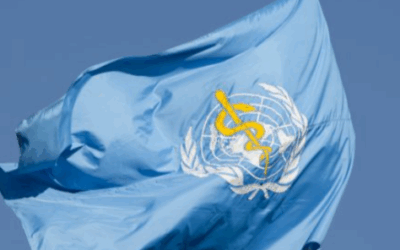
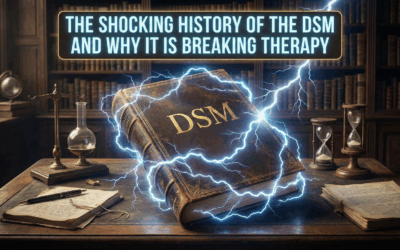
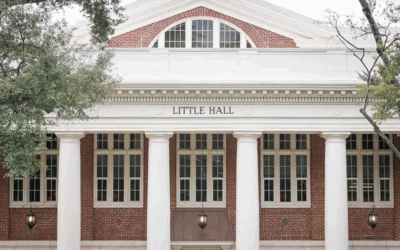
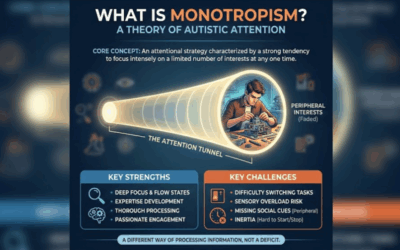

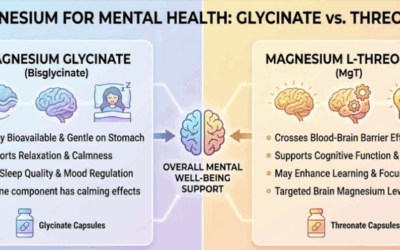
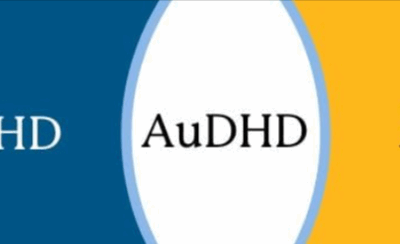
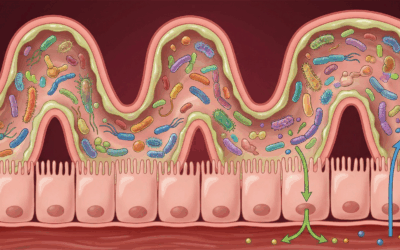
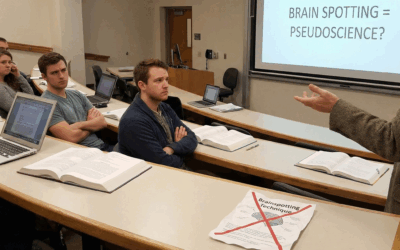
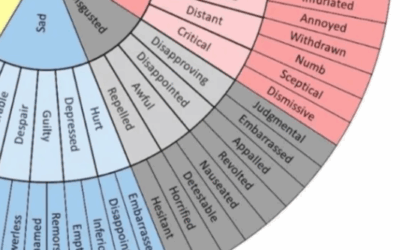
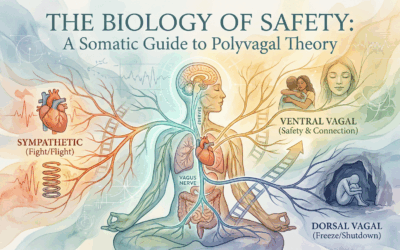
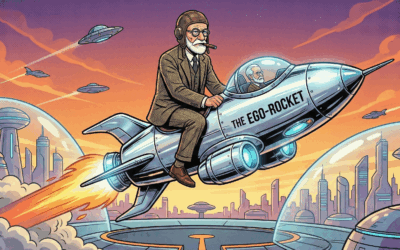
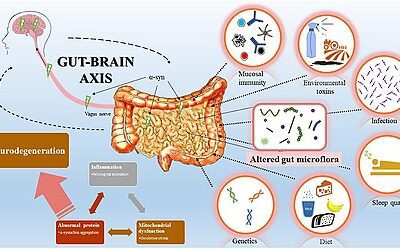






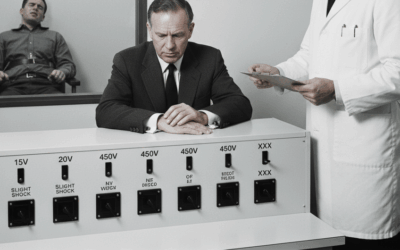
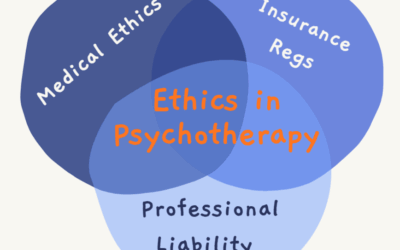
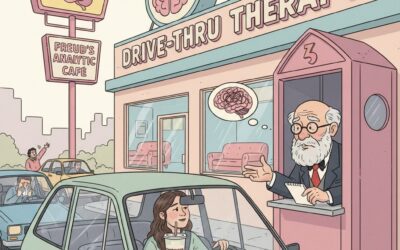



0 Comments